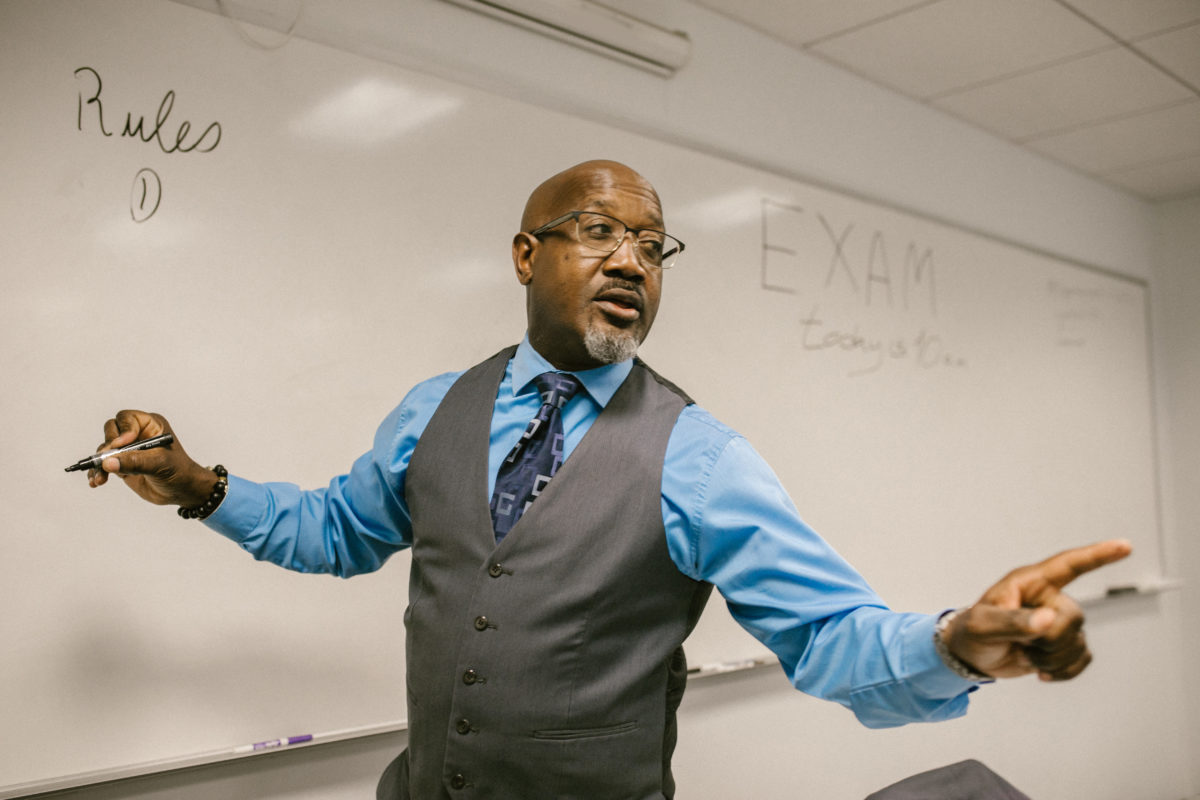
Bob Trube, the Director of the Emerging Scholars Network, offers this reflection on academic freedom and Christian freedom as an “op-ed” for the ESN community, welcoming both comment and consideration of how then we might live in this contentious time.
_______________
The Chronicle of Higher Education posted an article this week titled “Academic Freedom Is on the Ropes.” The article describes the dilemma of faculty in today’s academy as “caught in a pincer grip from the political right and left.” It is conceivable how a faculty member in a single lecture may be attacked from one side for teaching about the nation’s history of systemic racism and from another for quoting a text with certain proscribed words. The Chronicle article confirms the anecdotal evidence of faculty friends. I’ve heard many express concerns about what they can say in lectures, and for once, it has nothing to do with their faith, but rather these other politically contended areas.
Tenure, historically, has offered fairly robust protection for faculty speech, as well as research. Tenure is becoming increasingly tenuous. And for those not tenured, there is much less protection. The situation of adjuncts and lecturers is very perilous. It is very easy for an institution to not renew a teaching contract. I won’t discuss the important institutional and disciplinary discussions around these issues. That’s beyond both the scope of the format and the expertise of the writer!
In this article, I want to pursue a more modest objective, which is to explore what guidance the idea of the freedom of the Christian may offer to Christians in the academy. Galatians 5:13-15 may be called the manifesto of Christian freedom. The apostle Paul writes:
You, my brothers and sisters, were called to be free. But do not use your freedom to indulge the flesh; rather, serve one another humbly in love. For the entire law is fulfilled in keeping this one command: “Love your neighbor as yourself.” If you bite and devour each other, watch out or you will be destroyed by each other (New International Version).
First of all, Paul describes what we are free from. We are free from indulging the flesh, which carries the idea of giving free rein to our sinful wants. In terms of speech, it may be the unfettered desire to “say whatever I want.” This can reflect the sinful fleshy pursuit of radical autonomy–that I should be able to do or say what I want. Related to this may be our desire to be self-justifying–the need to be right.
To follow Christ is both to surrender all our bodily wants to what he wants, and to be justified by his atoning work and not our own rightness. Freedom is not being driven by “I want” and “I have to be right.’ These lead to biting and devouring each other and destroying each other (v. 15). Some of us have watched departments self-destruct for these reasons.
Then Paul describes what we are free for. We are free to humbly serve, bringing to mind the Lord’s humble service in washing his disciple’s feet. John 13:3 says that “Jesus knew that the Father had put all things under his power, and that he had come from God and was returning to God” (New International Version). Jesus knew his identity, power, and purpose, and so he could serve intentionally. When we know that we belong to God, are empowered by God in our callings, and live for God’s reputation and not our own, we are radically freed in our speech. We may be both humble, open to learn from others, and to be bold, as those “tenured” by God.
The command to love neighbor as oneself sums up our freedom, according to Paul. The Golden Rule of the Christian’s freedom is to do and say what we would want done and said to us. Do we want for the “other” who is our neighbor the dignity and respect we wish for ourselves? How does this find expression in the ways we talk about those with whom we most deeply disagree, those on the “other” side?
I find myself wondering how God may be inviting Christians to be a Third Way in a contentious academy and a divided society. Our temptation is to be drawn onto one “side” or “another” and the partisans are glad to have us. There is money and power in perpetuating the divisions. But is that our calling and our freedom? Might it be to bring some sense of cohesion to the tensions of the academy? We should not despise the cultural good of academic freedom. But I wonder if that freedom may not find its fullest expression as Christians in the academy live out their freedom in Christ in every aspect of their service, teaching and research.
Bob Trube is Associate Director of Faculty Ministry and Director of the Emerging Scholars Network. He blogs on books regularly at bobonbooks.com. He resides in Columbus, Ohio, with Marilyn and enjoys reading, gardening, choral singing, and plein air painting.

Leave a Reply